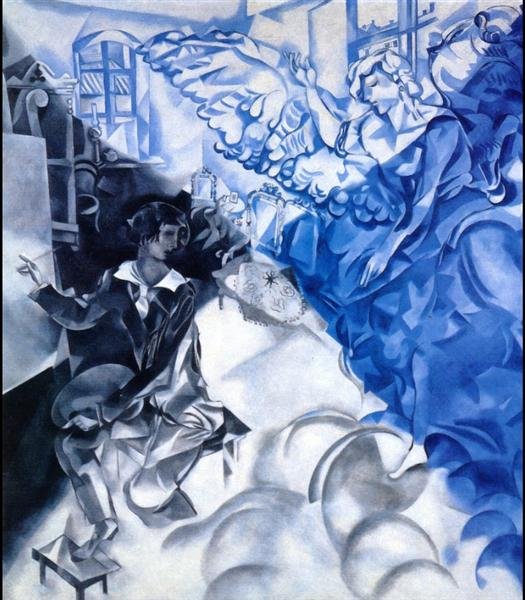April, 2025.
A Letter From the Editor
Dearest readers,
It’s a sobering moment to launch a humanities journal. In times such as these, it might seem like our studies matter less than ever. I will be the first to admit that the thought has often crossed my mind. Incessant ping-ping notifications alert us to a planet defined by conflict, political polarization, economic turmoil, climate threats, devastating natural disasters, and inescapable human suffering. In short, things look pretty bleak. The humanities are under threat, and we find ourselves asking if the work we do in our little bubble matters. Did that one author mean something? Did that one essay change something?
Yet we decided to go ahead and do it. Originally, ours was a small project with a modest pitch. Suddenly was to provide an outlet for serious student scholarship, or more directly, a resting place for essays fated to perish in a Canvas submission. With nothing to go on but our faith that someone out there cared about the same things we did, we opened the submission form and hoped for the best. Then the essays came rolling in. These pieces were well-researched, well-written, engaging—in short, exactly what we hoped for. But as I read, I found something else. In little flashes, behind analysis of Frankenstein and Foucault, Sartre and Paradise Lost, psychoanalysis and Irish poetry, was a spark of wonder. And the more I read, the brighter it became. Students from diverse fields and varied interests converged on a common question: how to make the world a better place. Seeing ourselves and our modern world in the ideas of the past, these writers braid together canonical writers, topics of eternal interest, and questions of pressing contemporary relevance. Our writers are looking for answers to today.
With this in mind, I would like to congratulate our contributors on this incredible accomplishment. Each and every piece in this issue is the result of intensive study, research, and dedication, and it was a pleasure to work with you and learn from your scholarship. I would also like to thank our editorial team, to whose time and talent to this project is indebted, and Noah for his vision. Your dedication and enthusiasm lit our way through challenging times. Finally, I would like to thank our faculty advisors, Kevin and Elena Corrigan, and Emory’s Institute for Liberal Arts, without whose support this undertaking would not have been possible. Your generosity has truly made all the difference, and we look forward to many seasons of continued partnership. Now more than ever, I am more assured that our mission is essential to bridging student excellence and the challenges of the outside world, and I am excited for the future of Suddenly.
Humbled and inspired by the wisdom of the past made new by skillful hands and bright imaginations, I implore us all to remember that beneath the surface of these occasionally dusty tomes, there is something truly important, something truly good. The humanities matter more than ever, and when we unite to see it, we uncover a strength that compels us to press on—together. In the words of Lucy Maud Montgomery, “Kindred spirits are not so scarce as I used to think. It's splendid to find out there are so many of them in the world.”
Thank you for joining us. I hope you enjoy this issue as much as I do.
With deepest gratitude,
Elena Vallis
Editor-in-Chief, Suddenly
